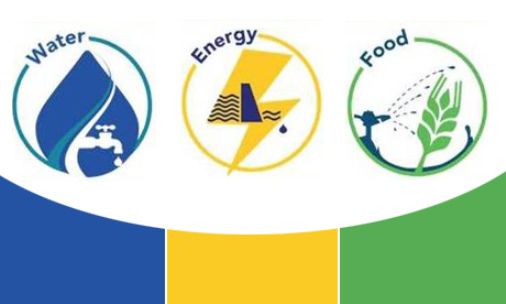Water-Energy-Food Nexus and Sustainable Development in the United Kingdom and the Middle East
- Location
- Jekyll Room, Winterbourne House & Garden
- Dates
- Monday 17 December 2018 (09:30-16:30)

WORKSHOP LEADERS – Dr Walters Nsoh (Law, UoB), Dr Damilola Olawuyi (Hamad Bin Khalifa University, IAS Vanguard Fellow).
The WEF nexus topic investigates legal and institutional innovations for addressing key threats to water, energy and food security. Without water, we cannot produce food and energy; and without energy, we cannot process or distribute food and water. Recent studies, including the World Economic Reports of 2011 and 2014, have therefore underlined the need to develop integrated policy responses that address common threats to the availability, accessibility and affordability of WEF. As identified in Qatar’s National Vision (QNV) 2030, the WEF nexus topic is fundamentally important for the development priorities of the State of Qatar. Despite its natural gas wealth, Qatar faces a three-pronged challenge of water shortage, food insecurity, and extreme vulnerability of critical national infrastructure to climate change. There is therefore an urgent need to assess the complex and non-linear interactions between the WEF challenges and develop integrated solutions that allow their efficient, systemic and sustainable management. Despite the importance of the WEF Nexus to Qatar, legal and institutional frameworks to support holistic and integrated decision-making across the three sectors are yet to be developed.
The UK Government has made a strategic commitment to strengthening partnerships with the Gulf countries (Bahrain, Kuwait, Oman, Qatar, Saudi Arabia and the United Arab Emirates) to help tackle the challenges we share. Among the challenges are those related energy, water and Food security. Addressing these challenges requires an integrated research and innovation approach, bringing together researchers from different disciplines, sectors, and countries in high-quality collaborations.
This workshop will form the springboard for wider institutional linkage and expertise exchange between researchers at the University of Birmingham (UoB), Hamad Bin Khalifa University (HBKU) and institutions in other Gulf countries.